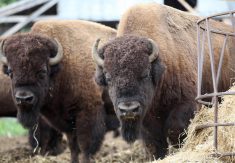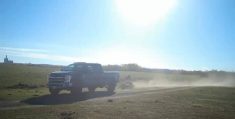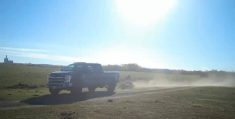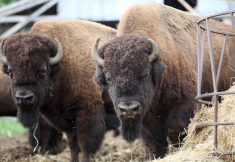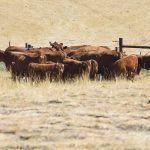Bison producers are beginning to rebuild herds, optimistic that the drought of the last few years might be over, says the vice-president of the Canadian Bison Association.
Robert Johnson said prices at the national sale, held during Canadian Western Agribition, were pretty good. He said the rail price has risen for their animals and there is a lot of feed available.
“I think we’ve seen that with the prices like the yearling heifers and the breds, that people were ready to invest in replenishing their herds and rebuilding their genetics,” he said.
Read Also
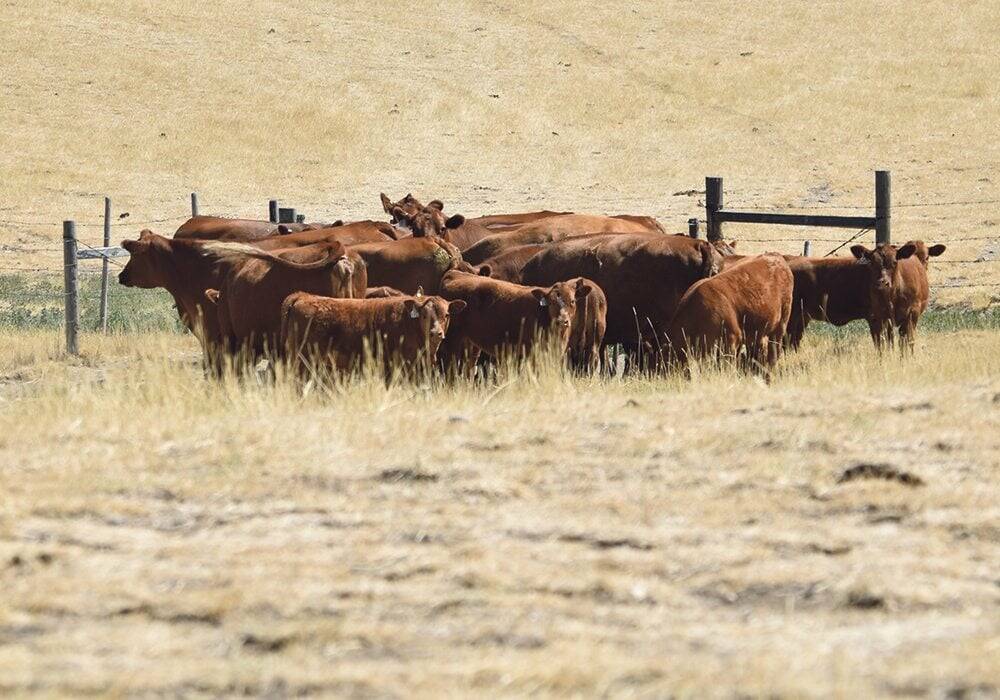
Canadian cattle industry has wins to shout about
Canada’s cattle management has become more efficient, more humane and more knowledgeable, but industry terms may not resonate with the general public.
“We’ve seen real cruddy droughts and feed shortages, and even if people wanted to buy animals, they didn’t really have the feed for it.”
Johnson said the industry is at a tipping point, and he believes it is turning toward rebuilding.
Prices dipped for open heifers toward the end of the sale, and Johnson said a breeding stock sale at the end of November is a bit like buying a boat at this time of year.
“It will be six or eight months before you’re going to use the darn thing.”
Buyers will wait until spring and let someone else feed the animals through the winter.

The show and sale has grown a little bit over the last two years, but Johnson said it’s like other parts of the industry. Producers are getting older and less interested in the commitment of going to a show and sale.
“Honestly, some of the ones that didn’t sell as well were a couple of mine and we just pulled ours off grass about 10 days ago, and they’re maybe just a little bit lighter than everybody else’s.”
A bright spot was that animals sold to several provinces and one to a Minnesota buyer.
Johnson added that finished prices are strong now at more than $6 per pound, a price not seen in five years. Marketers at the CBA convention said demand is going to outstrip supply in the next couple of years because the production runway for bison is so long.
“Hopefully, overall right now, there’s a really good opportunity for all the producers in the value chain,” he said.
In the sale, a two-year-old bull from Shale Creek Bison at Russell, Man., was named grand champion and also topped the sale, going to Foothills Ranch in Roseisle, Man., for $10,500. The reserve champion male was a 2023 bull from Silver Creek Bison in Binscarth, Man.
The grand champion female was a two-year-old bred heifer from Prairieland Bison at Hodgeville, Sask. It sold for $6,500 to Keith Schutz of Neudorf, Sask. XY Bison Ranch from Fort Saint John, B.C., showed the reserve female, a yearling open heifer.
Bred females averaged $5,500 and two-year-old bulls averaged $7,667.




